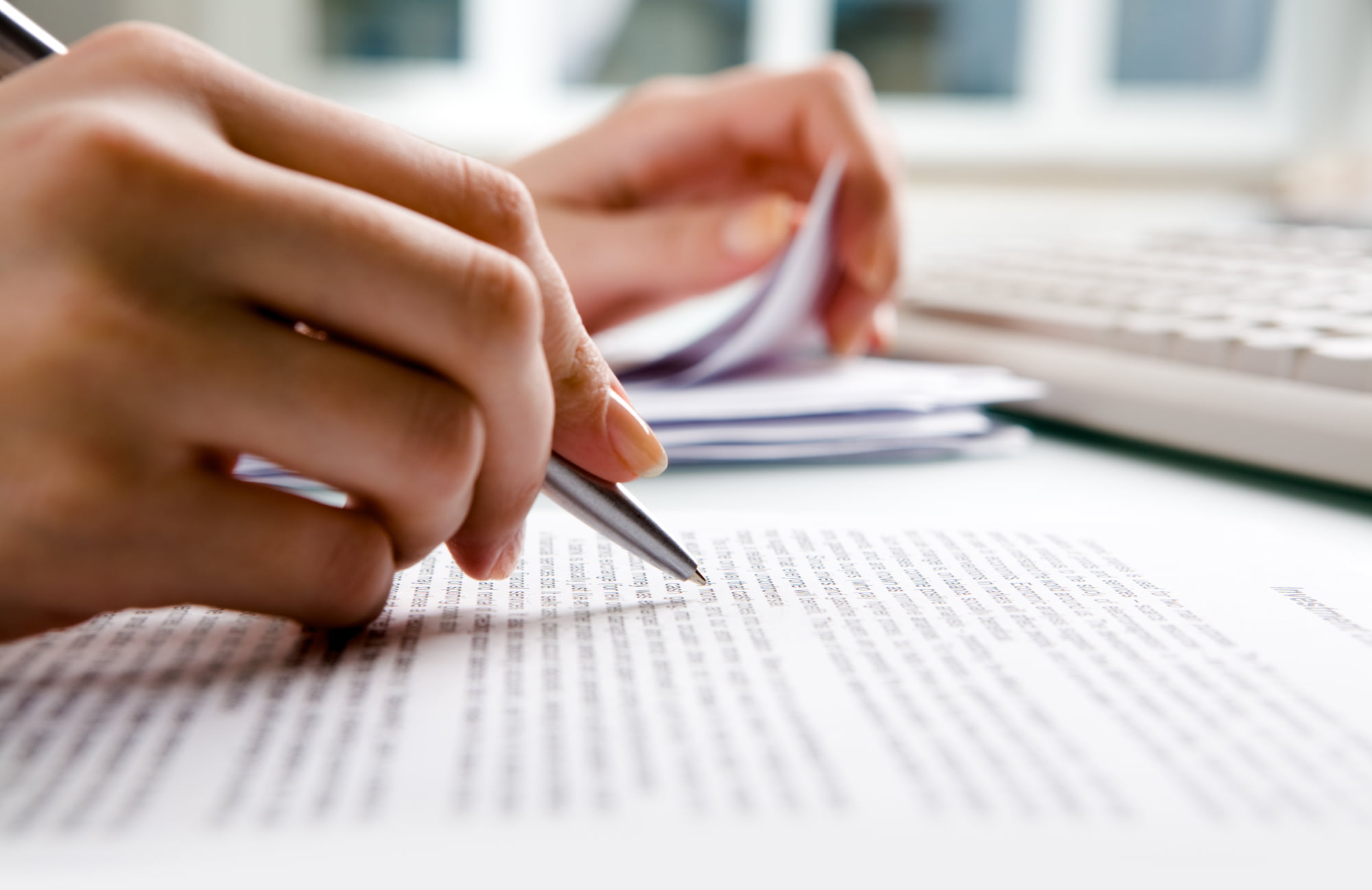
As homeowners, we all want to ensure that our homes are safe and secure for ourselves and our loved ones. One way to achieve this is by conducting building inspections regularly. Building inspections are a critical aspect of home maintenance that can prevent accidents, injuries, and even death. In this article, we will discuss the role of building inspections in home safety and why they are essential for every homeowner.
What is a Building Inspection?
A building inspection is a comprehensive examination of a property’s structural and mechanical systems, such as the foundation, roof, walls, electrical, plumbing, and HVAC. The purpose of a building inspection is to identify any issues or defects that could compromise the safety, functionality, or value of the property. Building inspections are typically carried out by professional inspectors who are licensed and certified to perform the task.
Why are Building Inspections Important for Home Safety?
Building inspections are essential for home safety for several reasons. Firstly, building inspections can identify safety hazards such as faulty electrical wiring, gas leaks, or structural damage that could lead to accidents, injuries, or even death. For example, if there is a gas leak in your home, it could cause an explosion or carbon monoxide poisoning, which can be fatal. Secondly, building inspections can help to prevent costly repairs and maintenance in the long run. By identifying and fixing issues early, you can avoid expensive repairs or replacements down the line.
What Does a Building Inspection Cover?
A building inspection covers several areas of your home, including the following:
- Roof: The inspector will examine the roof for any signs of damage or wear and tear, such as missing or broken tiles, leaks, or cracks.
- Foundation: The inspector will check the foundation for any cracks, settling, or shifting, which could affect the structural integrity of the building.
- Electrical: The inspector will examine the electrical system for any issues, such as faulty wiring, overloaded circuits, or outdated systems.
- Plumbing: The inspector will check the plumbing system for leaks, blockages, or other issues that could cause water damage or affect the quality of your water.
- HVAC: The inspector will examine the heating, ventilation, and air conditioning systems for any issues that could affect their efficiency, safety, or longevity.
- Walls: The inspector will check the walls for any signs of moisture, cracks, or damage that could affect the structural integrity of the building or lead to mold growth.
What Happens After a Building Inspection?
After the building inspection, the inspector will provide you with a detailed report outlining their findings and recommendations. The report will include a list of any issues or defects that were identified, along with recommendations for repairs or further inspections. Based on the report, you can decide whether to proceed with the purchase, negotiate a lower price, or ask the seller to make the necessary repairs.
In Conclusion
Building inspections are an essential aspect of home safety that every homeowner should prioritize. They can help to identify safety hazards, prevent costly repairs, and ensure the longevity and value of your property. If you are planning to buy a new home or have not had a building inspection in a while, we highly recommend that you schedule one as soon as possible. By doing so, you can have peace of mind knowing that your home is safe and secure for you and your loved ones.


